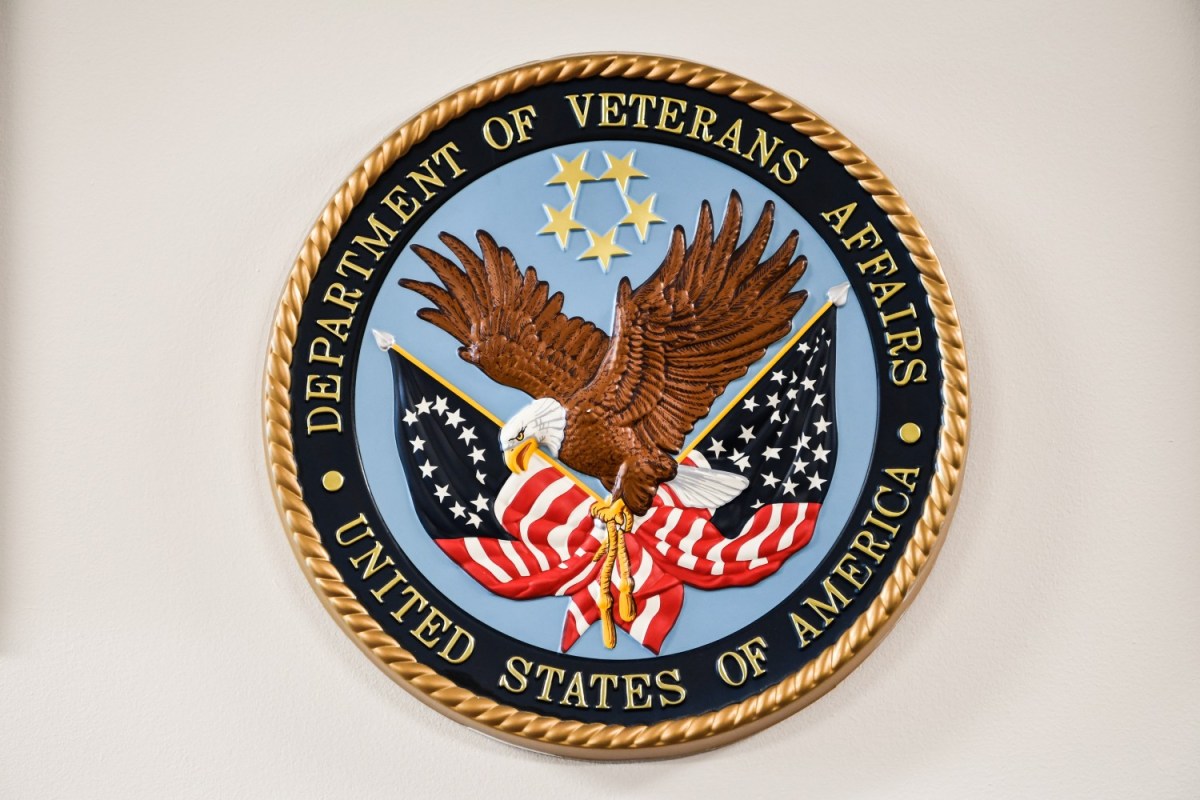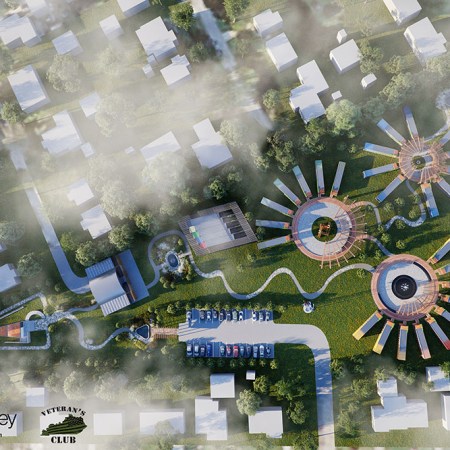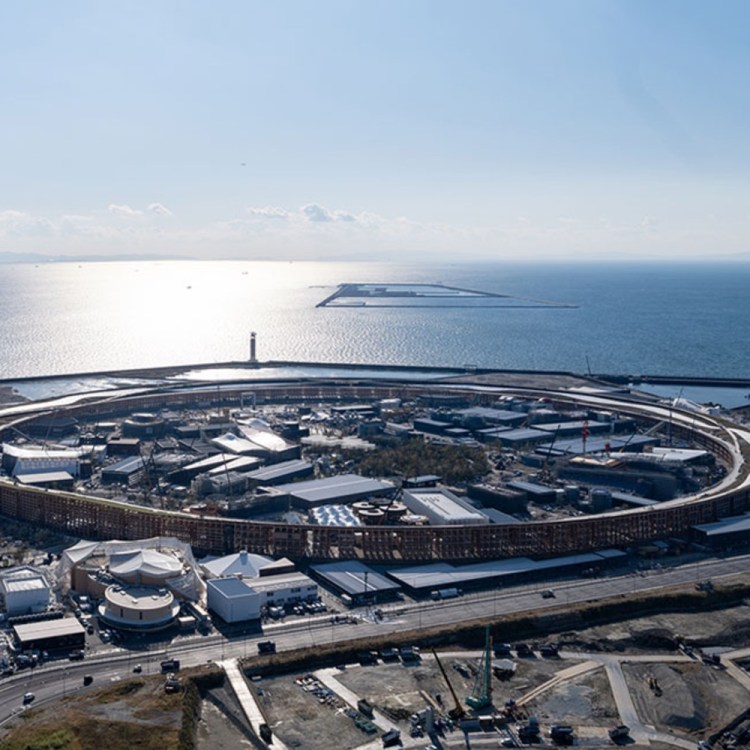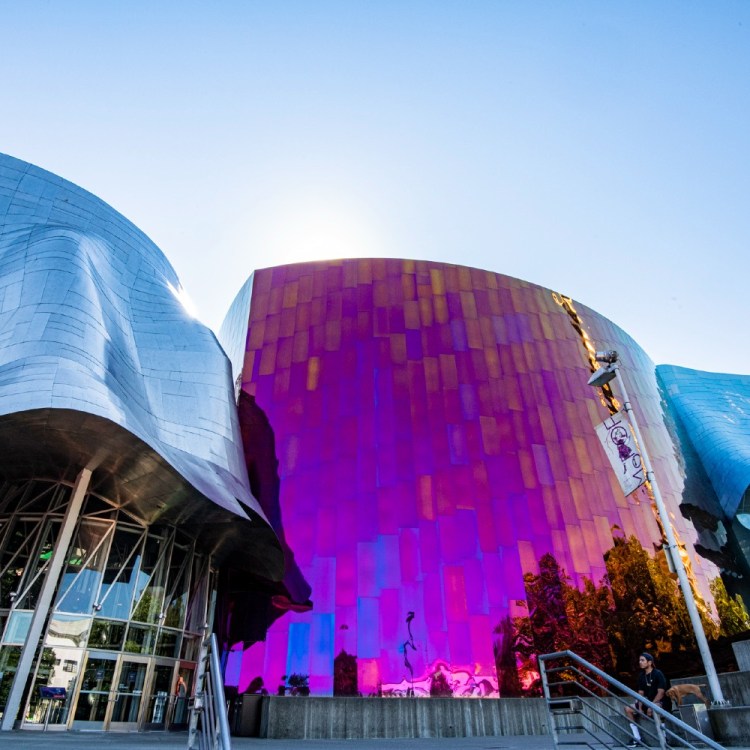The statistics about veterans and homelessness in the United States are, to put it mildly, unsettling. The National Alliance to End Homelessness has pointed out that the number of homeless veterans was reduced by half between 2010 and 2019 — even so, that still means tens of thousands of veterans are without a place to call their own. Research from Boston University suggests that veterans are at a greater risk of becoming homeless than the civilian population.
That’s what makes a plan from the Veterans Administration to build hundreds of housing units on agency land in Los Angeles so compelling. (Recent data suggests that almost a third of all homeless veterans live in California.) Initially, the plan was for 700 housing units to be ready by 2022; this has not come to pass. But some have been built, with more on the way — which would normally be grounds for encouragement.
Unfortunately, a Los Angeles Times investigation has revealed that some of the people most in need of housing in this facility are encountering challenges getting it. The Times’ Grace Murray focused on the case of Eddie Sotelo, who fought in Afghanistan and ended up homeless after returning to the U.S. Sotelo’s case illustrates the lengthy delays veterans in need can expect when trying to gain access to housing — and the paradox that disability payments can sometimes render a veteran ineligible for the housing that they desperately need.
Can Golf Courses Solve LA’s Affordable Housing Crisis?
Housing-starved Los Angeles has the largest municipal golf system in the U.S.It sounds as though the Times‘ investigation has led to some self-awareness on the part of the VA — including a statement from the agency that they are working to modify their policies around disability payments and income restrictions. But for now, it’s an alarming status quo — one where people who are in need may be prevented from getting a tremendous source of stability in their lives.
Thanks for reading InsideHook. Sign up for our daily newsletter and be in the know.


















